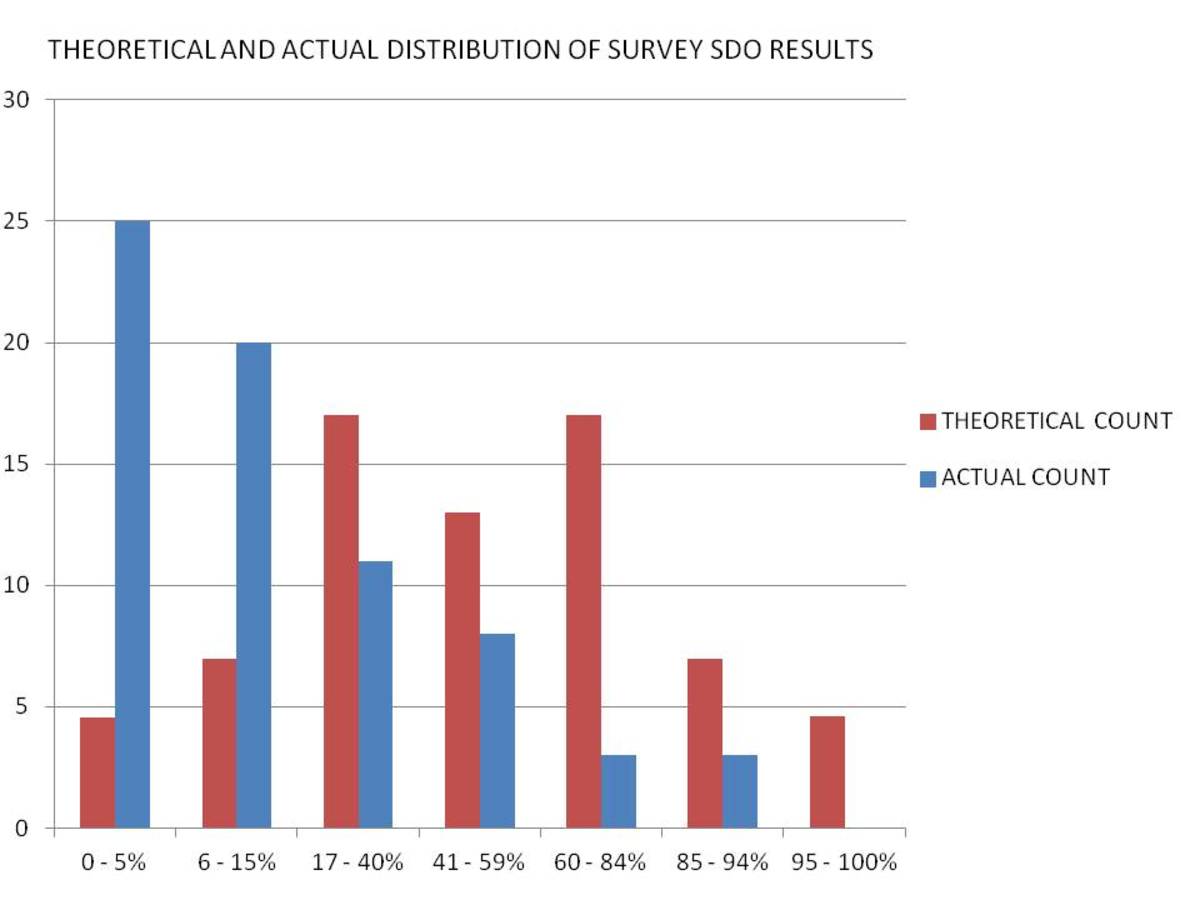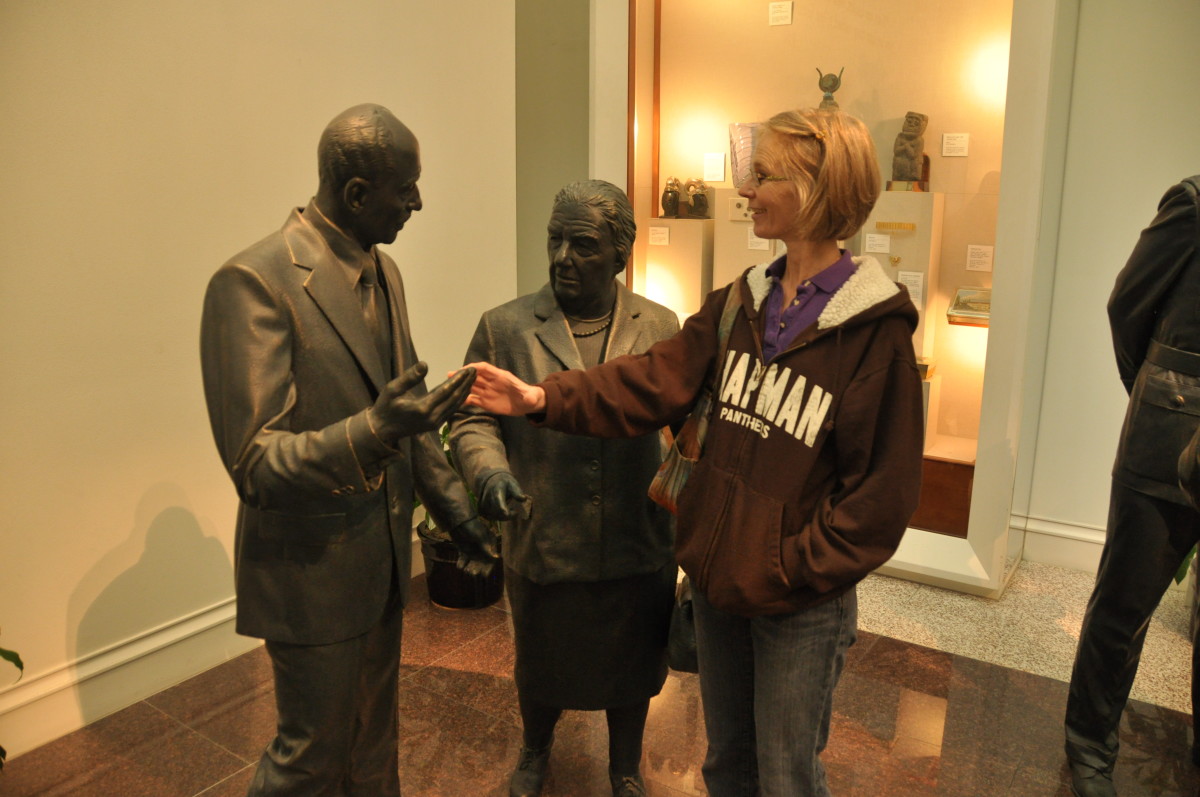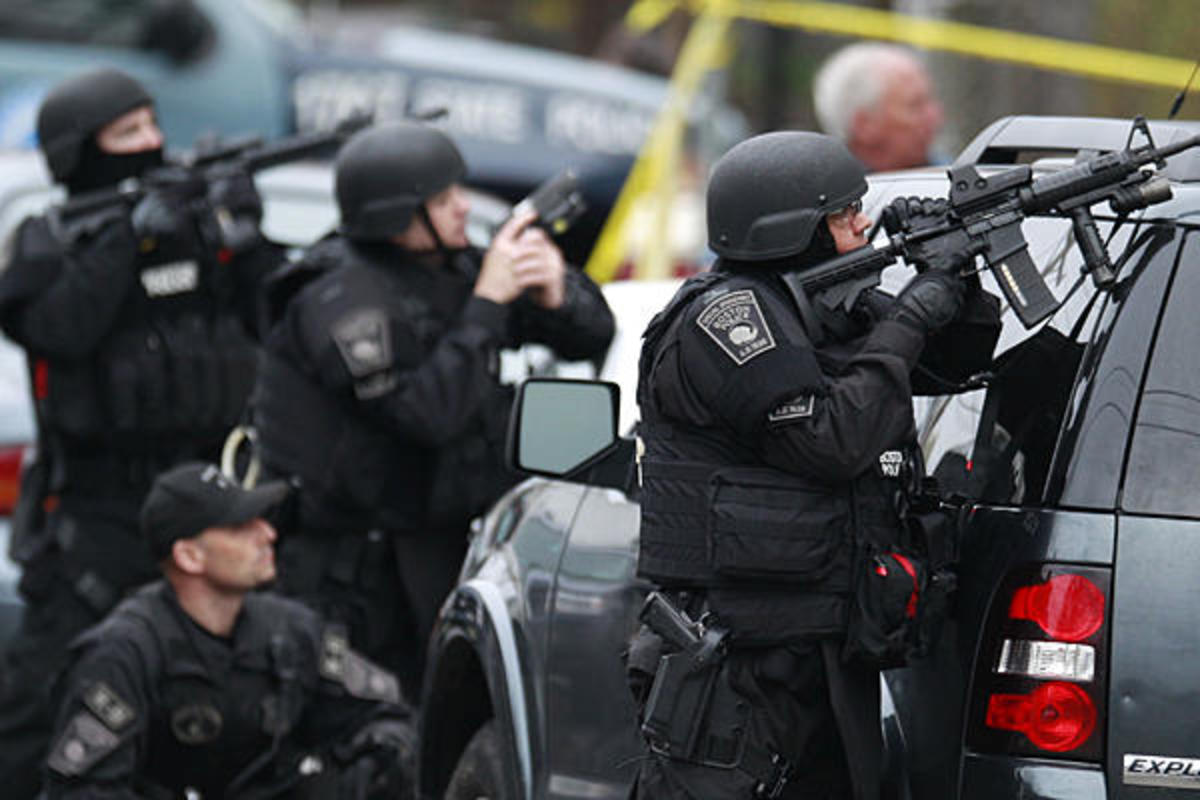Political Ideology and the Causes of Crime
Political Ideology and the Causes of Crime
To understand Conservative and Liberal perspectives on the main causes of crime, you need to first comprehend the fundamental ideology of both. While there are hard-line radicals who outlay the far right and far left, this will concentrate on the generally accepted mainstream political beliefs.
Political conservatism is a term applied to people who tend to look at life in society from within, preferring the old and traditional values of the status quo; while at the same time distrusting changes to those values. In other words, Conservatives promote social traditions and believe in maintaining social order. Most will agree that true conservatives believe in traditional family values, the sanctity of marriage, and have a strong belief in religion/faith. There is a commitment to keep this country militarily strong, meaning strong national defense. The right-to-life is also a key talking point for most Conservatives.
Conservatism is generally synonymous with the Republican Party. In contrast, political Liberalism is generally associated with the Democratic Party and tends to promote social tolerance. Liberals believe that there should be equal opportunity for every citizen and that our society should be about individual rights with limited government and self-autonomy. In short, social change is the foundation of Liberal thought, with the goal of continual improvement to improve the lives of citizens[i].
Conservative View on Crime
In general, Conservatives view individuals as being responsible for their own actions. In a conservative world, people are either good or they are evil. Crime is caused by the breakdown of self-discipline and the lack of respect for authority. Or to put it another way, crime is caused by a person’s moral breakdown or flawed character. It is not because of the social or economic structure of contemporary society, such as poverty, racism, and other social problems but because moral poverty[ii].
Crime happens because of choice - a person chooses to violate the law, in much the same way they would choose what to have for dinner. Conservatives believe that crimes are committed because people think they can get away with it, largely because punishment, if caught, is too lenient to outway the thrill of the crime. In a conservative world pain must be induced greater than the pleasure received from committing a crime. In other words, to reduce crime we need to increase the severity of punishment. A popular theme among conservatives is that ‘don’t do the crime, if you can’t do the time.’
Conservatives would like us to believe that this country is plagued by violent crime and, mainly due to liberal ideology, is too lenient on criminals. They believe that to combat crime we need to build more prisons, inflict harsher penalties and longer sentencing, and to be tougher on juvenile offenders.
There is no empirical evidence supporting this, in fact, Curry[iii] cites claims of leniency as myths. For example, most of the ‘facts’ that conservatives use to support their notion that a majority of violent criminals are let off without any significant punishment are just recycled talking points – distorting actual figures. To dispute the popular, “only 1 in 100 violent crimes result in a prison sentence” Currie[iv] dissects that into the reality that most offenses never even get to the sentencing stage.
Liberal View on Crime
In contrast, liberals cite the main cause of crime to be poverty. In a liberal view crime is caused primarily because of economic and social conditions. To get to the root of crime, it needs to be understood. In a liberal world, poverty manifest from the lack of educational opportunities, unemployment, poor urban communities and even the lack of hope. A change in our social structure is the way to combat crime with government supported services to promote well being. Crime prevention is related to the improvement of social conditions. Huckabee’s view parallels conservative ideology although he does agree that there is a social breakdown in the families. In his book, “Kids who Kill”[v], he cites that the main cause of crime in this country are that morals and ethics have deteriorated to the detriment of the American Family. He believes there is a strong assault on morality led mainly by the left-wing media. The very fiber of our souls is being stripped away and children are being desensitized by an array of inputs such as violent video games. He agrees that government should have little involvement as far as solving problems. This is the responsibility of the family. To combat the growing crime among juveniles will take a commitment by the people – parents and communities. The solution in Huckabee’s mind is to rebuild family, faith and morality.
Mugging Thesis
The mugging thesis basically is a talking-point favored by many conservative commentators to sway public opinion in favor of conservative viewpoints on crime and punishment. In the article, “A Liberal Is Someone Who Has Not Been Mugged: Criminal Victimization and Political Beliefs”, Unnever, Cullen, and Fisher, question the validity of this thesis state that it is mainly used to undermine progressive political agendas and promote xenophobia to gain support for more conservative social policies. In other words, by stating ‘A Liberal Is Someone Who Has Not Been Mugged’ conservatives try to incite the fear of crime to increase conservative ideology. [vi] But studies have shown that there is no direct relationship that being a victim changes a person’s political beliefs or induces the person to seek out harsher penalties for those convicted of crimes. In short, the authors found that while right-wing policies could be driven by being victimized, there is no correlation between crime and a conservative viewpoint. For example, there is no evidence that a white, non-racist liberal will suddenly become conservative if victimized by an African-American.
[i] Bridges, G. S., Weis, J. G., & Cruthfield, R. D. (1996). Criminal Justice. Thousand Oaks, California: Pine Forge Press
[ii], [iii], [iv] Currie, E. (1998). Crime and punishment in America. New York: Holt Paperbacks.
[v] Huckabee, M. (1998). Kids who kill. Nashville, Tennessee: Broadman & Holdman.
[vi] Unnever, J., Cullen, F. T., & Fisher, B. (2007). A Liberal Is Someone Who Has Not Been Mugged: Criminal Victimization and Political Beliefs. Justice Quarterly: JQ, 24(2), 309-334. Retrieved September 9, 2009, from Criminal Justice Periodicals. (Document ID: 1295280981).










